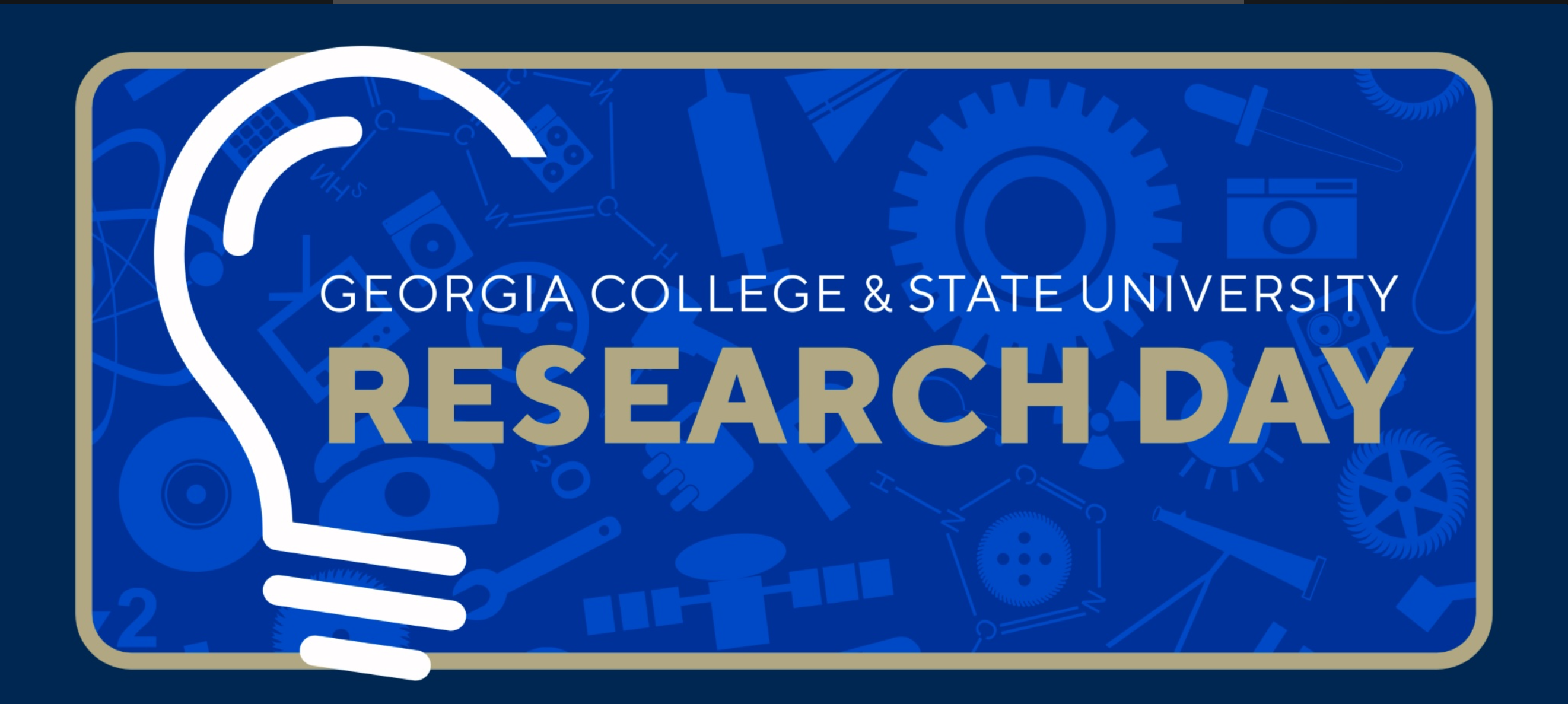Confidence as a Predictor of True or False Memories for Lies
Faculty Mentor(s) Name(s)
Eric Rindal
Abstract
A wealth of research has shown that false memories can result from erroneous eyewitness reports (e.g. Zaragoza et al., 2006). Additionally, recent research has shown that confidence on false reports can be high when involving insertions of elements on key events (Faucz et al., 2021). Instead of looking at the confidence of participants when misinformation was given to them, we wanted to look at the confidence of participants when they generated misinformation themselves through lying. This study researched confidence as a predictor of participants’ memories as true or false for the false details they had previously lied about. Participants were assigned to watch a twenty-minute video on a bank robbery. After watching the video, they were given a questionnaire of 16 questions. Eight of these questions were asked about things in the video that happened, and the participants were told to answer truthfully. Eight of the questions asked about things in the video that never happened, and the participants were instructed to create believable lies as a response to the questions. Some of the participants were presented face to face with another individual asking them questions about the video, while others were presented with the questions on a computer. Participants then returned four weeks later to receive three different tests, in which they were instructed to answer all the questions truthfully. The test we looked at specifically asked them about their confidence in whether they think the events happened in the video. Their confidence was rated on a point slider from not at all confident to extremely confident, which was later converted to a numerical value. We wanted to see if there was a difference in confidence between questions they got correct and questions they got incorrect.
Start Date
27-3-2024 10:00 AM
End Date
27-3-2024 10:50 AM
Location
Magnolia Ballroom
Confidence as a Predictor of True or False Memories for Lies
Magnolia Ballroom
A wealth of research has shown that false memories can result from erroneous eyewitness reports (e.g. Zaragoza et al., 2006). Additionally, recent research has shown that confidence on false reports can be high when involving insertions of elements on key events (Faucz et al., 2021). Instead of looking at the confidence of participants when misinformation was given to them, we wanted to look at the confidence of participants when they generated misinformation themselves through lying. This study researched confidence as a predictor of participants’ memories as true or false for the false details they had previously lied about. Participants were assigned to watch a twenty-minute video on a bank robbery. After watching the video, they were given a questionnaire of 16 questions. Eight of these questions were asked about things in the video that happened, and the participants were told to answer truthfully. Eight of the questions asked about things in the video that never happened, and the participants were instructed to create believable lies as a response to the questions. Some of the participants were presented face to face with another individual asking them questions about the video, while others were presented with the questions on a computer. Participants then returned four weeks later to receive three different tests, in which they were instructed to answer all the questions truthfully. The test we looked at specifically asked them about their confidence in whether they think the events happened in the video. Their confidence was rated on a point slider from not at all confident to extremely confident, which was later converted to a numerical value. We wanted to see if there was a difference in confidence between questions they got correct and questions they got incorrect.


